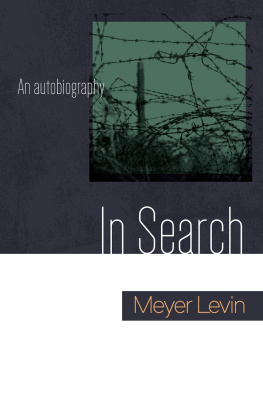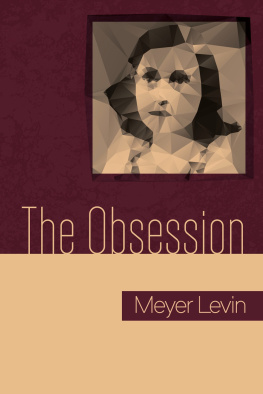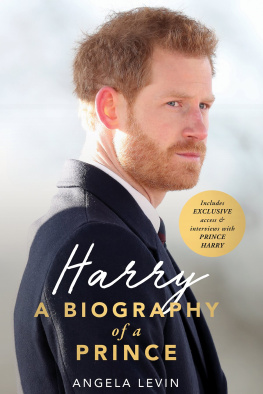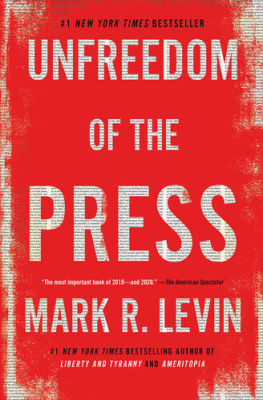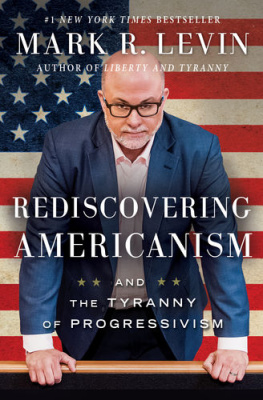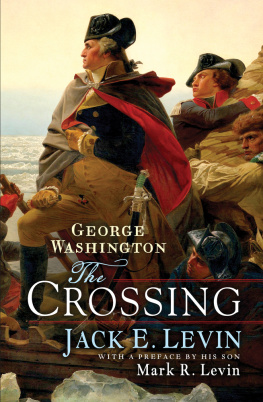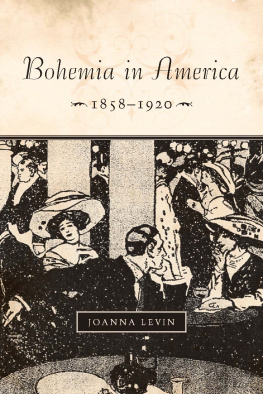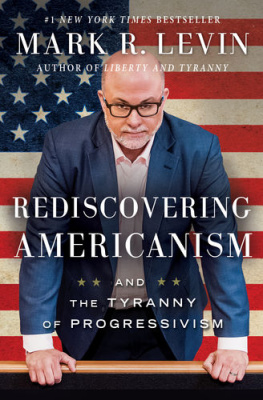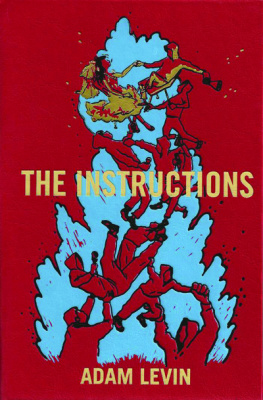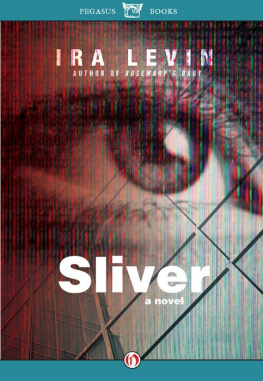ALSO BY MEYER LEVIN
NOVELS
The Reporter
Frankie & Johnnie*
Yehude
The Golden Mountain
The New Bridge
The Old Bunch*
Citizens*
My Father's House
Compulsion
Eva
The Fanatic
The Stronghold
Gore and Igor
The Settlers*
The Harvest*
The Spell of Time*
The Architect
AUTOBIOGRAPHICAL WORKS
In Search*
The Obsession*
*available as a Jabberwocky ebook
THANK YOU FOR READING
This ebook has been brought to you by JABberwocky Literary Agency, Inc.
Did you enjoy this JABberwocky ebook? Please consider leaving a review! To see what other ebooks we have available, visit us at http://awfulagent.com/ebooks/.
Help us make our ebooks better!
Wed love to hear from you, whether it's just to say how much you liked it, if you noticed any errors or formatting issues, or if you have any other comments about this title. Send us an email at .
Sincerely,
The JABberwocky Team
In Search
Copyright 1950 By Meyer Levin.
All rights reserved.
Published as an ebook in 2014 by Jabberwocky Literary Agency, Inc.
Cover design by John Fisk.
ISBN 978-1-625670-88-5
FOR TERESKA
This is a work of self-examination which necessarily involves examination of my contacts with others. I have endeavored to present truth without distortion or malice, and to select material whose meaning is in the public interest.
M. L.
Part One
AMERICA: The Self-Accused
THIS IS A BOOK about being a Jew. I suppose people are somewhat weary of the Jewish problem. The other day while breakfasting at a drugstore counter, I caught a snatch of conversation from the neighboring stools. there was a bunch of them there, carrying signs. What were they kicking about now? I dont know. Didnt we give them Israel
But the coming into being of Israel has brought into focus many of our own inner problems, some of them appearing now as not so different from the problems of other people, and some of them uniquefor every people has its unique aspects. And it has seemed to me a good time now to examine these problems in myself, for I partake of the general mood for self-examination that has come over the world in this seething lull when we feel as though we are locked up while immense preparations are going on outside, and suddenly the door will be opened and we will be confronted with the final act of civilization. We want to be sure of our own selves, in readiness for this last confrontation.
Artists, particularly writers, sometimes serve society as testing agents; their lives become token lives in the working out of certain problems, for they are apt to free themselves from some of the material conventions in order to follow their moral imperative. And I believe that in following out the sometimes conflicting elements of the Jewish question within myself, I may have served as such a testing agent for my own generation and particularly for the American born. I have been freer to go in search of the ends of the problem than, let us say, a businessman living in a firmly formed community. So I am telling my own story, not so much, I hope, out a sense of self-importance as out of a feeling that the evidence I have picked up in seeking a solution of this problem can be of general use in bringing Jews to understand this part of themselves a little better, and bringing other people to understand usand perhaps even themselvesa little better.
Undoubtedly signs of a sense of self-importance and of self-pity and other disproportioned and irritating traits will come into these pages. Nor do I wish to blame everything on being a Jew in the way that the Jew often makes his Jewishness his scapegoat. First of all, this is not, I hope, a book of blame or of excuses, but rather a book of investigation and evaluation. Secondly, I recognize that in all of us consistent difficulties arise out of character deformations traceable to many sources, the deepest being particular and personal : but these seeds of deformation as often take root in the general soils of poverty, of racial shame, of sexual frustration, as in the soil of Jewishness. And even though I risk over-evaluation of the Jewish aspect, I intend in this book to try to trace it out in my own life, as a common problem.
It will soon appear that my development as a Jew is inextricably woven with my development as a writer, though there were periods when I tried to separate these two factors. Certainly there are not many people faced with this particular combination as a problem, but perhaps the button manufacturer and the Jewish automobile mechanic will recognize parallels to their own lives, just as I recognized elements parallel to mine in the autobiography of Dr. Chaim Weizmann, who is a chemist.
It is one of the first rules of the novelist that what is most particular is most general. Many years ago I wrote a novel called The Old Bunch, minutely studying a group of young people growing up on the west side of Chicago; recently a Frenchman remarked to me that in reading the book he was surprised to find not only that the pattern in the Jewish group reflected what he knew of other American unities, but that he was identifying it with his own circle in France.
I do not, in presenting examples from my works, and in studying my developmental problems, intend to suggest that these are important works or that I am a writer whose processes must be studied, but simply to use myself as the example of human being I know best.
The impulse to write this book came one day in Paris when I stopped at the Caf Dome, now outmoded, and was greeted by a photographer I had known during the war.
Where have you been? he asked.
In Palestine, for I had just returned from filming The Illegals.
What are you doing these days?
Just then I was earning a little money translating stories by Sholem Asch, and I was making a puppet film. And suddenly it struck me that I might have given the same curious answer, in precisely the same spot, some twenty years before. Then too I was stopping in Paris after having seen trouble in Palestine, and I wasthe only other time in my lifetranslating Sholem Asch to earn money to make a puppet film to earn money so that I could go on with my own writing.
So I had come full circle. But the circle was not empty.
In the years between, Palestine had become Israel. As for me, I had published a number of novels, made films, seen something of war, and sought to know myself, particularly as a Jew.
I had since early manhood been passionately involved in the development of a Jewish civilization in Palestine. Twenty years ago this had seemed a strange absorption for an American Jew, but now it appeared that I had not been on the wrong track. But now some of the old questions took a new turn. What was my relationship to Israel? to America? to the world? More insistently than ever I had to ask myself, What am I? and, What am I doing here?
I know that Jews everywhere are asking themselves this question. In America, there are five times as many Jews as in Israel. Despite the immediate, fervent response to the creation of Israel, many Jews outside the homeland argue that its creation will eventually lead outside Jews to assimilation. As when any great new fact appears, there is confusion, before the new lines of orientation are clear. The Jew outside Palestine must define again not only his own relationship to his peoplehe must decide how to orient his children, whether to give them more Jewish education or as Arthur Koestler suggests, to try to relieve them of the burden of Jewishness.

